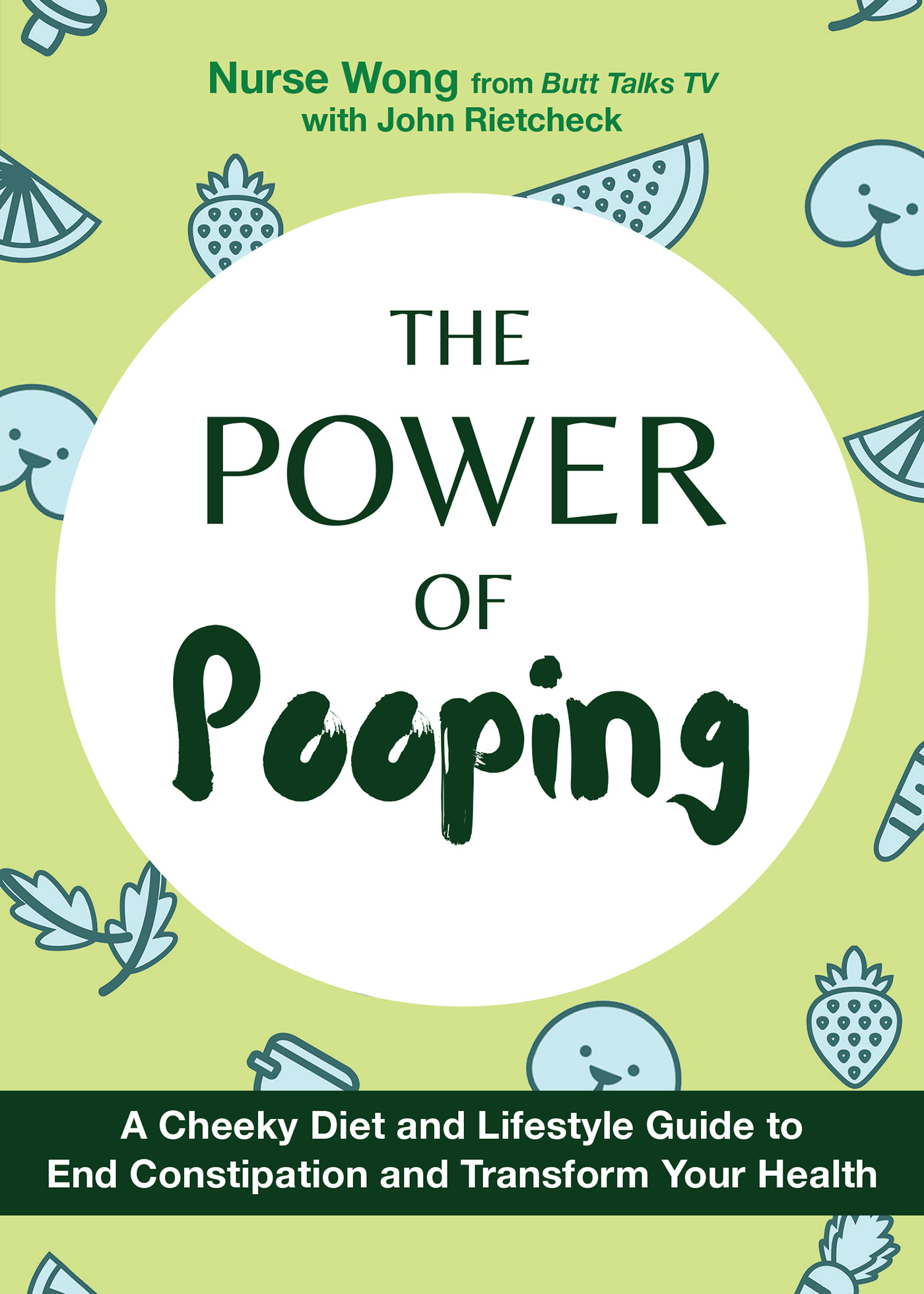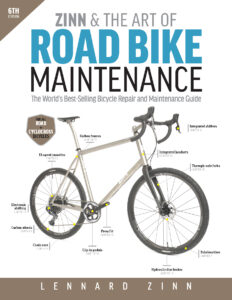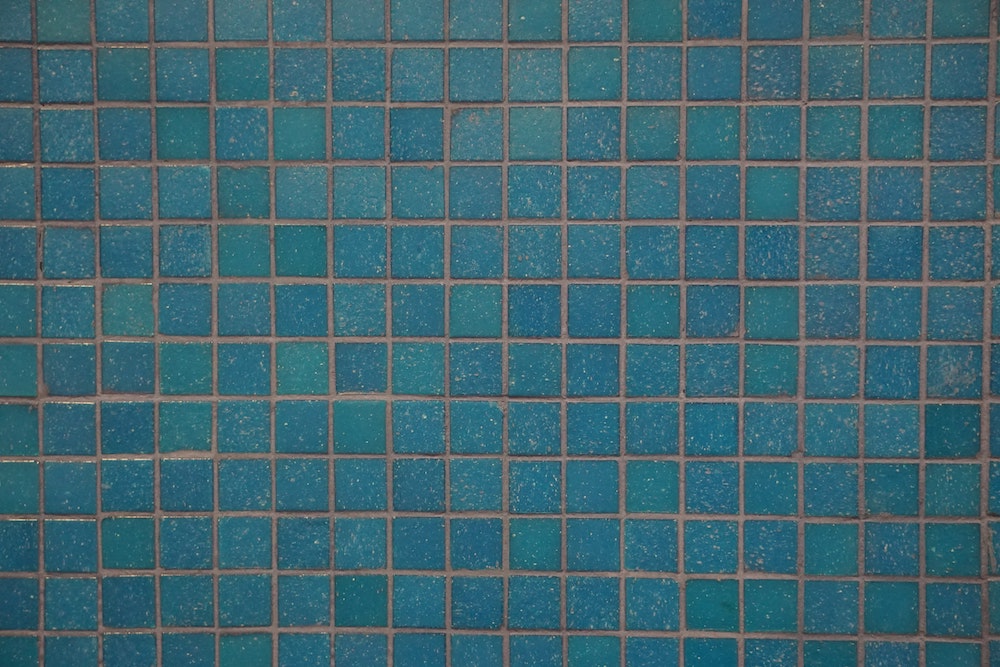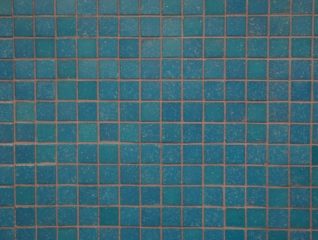
What Causes Constipation? from The Power of Pooping
- Book Sample /
- Health
If you’re like most of America, you have probably experienced constipation at some point in your life. If not, it might be any number of other gut-butt issues. Wondering what causes constipation and other bowel issues? Enter The Power of Pooping, by Nurse Wong of ButtTalks TV. Nurse Wong has spent years helping people sort their gut-butt issues through her practice, her YouTube channel, her viral TikToks and, now, her brand new book.
The excerpt below is from Chapter 3, “Constipation Ain’t No Fun!”
Almost all of us experience constipation at some point in our lives. The NIDDK reports that around sixteen out of one hundred adults in the US exhibit symptoms of constipation and about thirty-three out of one hundred adults aged sixty years and older experience those symptoms. Occasional or periodic symptoms of constipation are not a serious concern, but when they become chronic, several red flags may appear to medical professionals. What causes constipation, though? Read on to find out what may be behind your stopped-up behind.
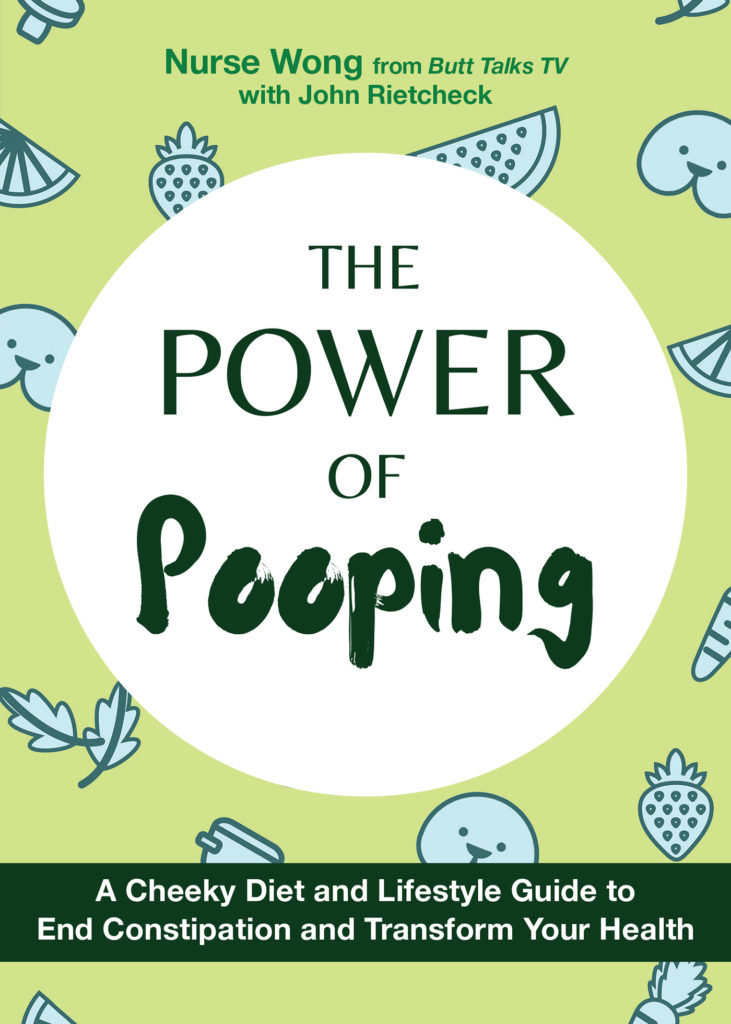 What Causes Constipation?
What Causes Constipation?
In general, constipation happens when your poop moves too slowly through your intricate system of plumbing, or when it can’t be expelled from the rectum through your anus, causing the stool to become hard and dry. It’s important to understand that constipation is a symptom, not a disease. It’s a sign that there is an imbalance or issue with your digestive system.
Constipation can happen to you for a variety of reasons, some as simple as too little hydration, not enough dietary fiber, or too many rich foods or sweet desserts. Other reasons may include the overuse of laxatives or enemas that can make your body “forget” how to function on its own. Physical inactivity can be a big contributor to constipation, as movement and gravity stimulate peristalsis. Ignoring the urge to poop and holding it in can lead to constipation. Many medications also contribute to this condition. What else causes constipation? Some serious causes could be:
Blockages of the colon or rectum
- Anal fissures (small tears in anal skin)
- Bowel obstructions
- Colon cancer
- Bowel strictures (narrowing of the colon walls)
- Cancers of the abdomen that press on the walls of the colon
- Cancer of the rectum
- Rectocele, occurring primarily in women, is a bulge of the rectum into the back wall of the vagina
- Rectal prolapse, where the inner lining of the rectum slips down or slides out of the anal opening
Colon and rectal nerve problems (these affect nerves that contract the muscles that move stool through the intestines)
- Autonomic neuropathy—damage to major nerves that control bodily functions
- Multiple sclerosis (MS)
- Parkinson’s disease
- Spinal cord injury
- Stroke
Pelvic muscle disorders
- Anismus, or the inability to relax pelvic muscles to facilitate pooping
- Dyssynergia, or pelvic muscles that don’t properly coordinate relaxation and contraction
- Weakened pelvic muscles
Previous surgeries
- Colon surgeries that affect muscle and nerve function in the pelvic floor area
- Back surgeries that affect nerve and muscle function of the pelvic floor area
- Corrective surgeries for rectal prolapses
Diseases and conditions that upset the hormonal balance
- Diabetes
- Hyperparathyroidism, or an overactive parathyroid gland
- Pregnancy (it happened to me)
- Hypothyroidism, or an underactive thyroid gland
How Is Constipation Treated?
After doing my thorough poop detective work to determine a patient’s specific situation and what causes the constipation, I focus on diet and lifestyle changes and try to steer away from recommending prescription laxatives. The reason I do this is because I see so much overuse of laxatives and so little emphasis on changing daily dietary and lifestyle habits, which are healthier ways of treating constipation. Some of you are using heavy laxatives up to three times a day but not sufficiently hydrating, eating fiber-filled foods, or getting adequate physical exercise.
In reflecting on your average five-to-seven-minute doctor visits, I can’t help but see that, for some medical professionals, it is quicker and easier to simply prescribe laxatives and perhaps fiber supplements than to spend more time discussing a daily regimen of healthy poop-producing food and physical activity with you. Don’t get me wrong, I love and respect the medical professionals I work with every day, as well as the referring physicians. However, not all of them have the luxury of time and resources to help effect such major life changes. That’s where healthcare specialists like me often come into your poop picture.
The physicians who have excellent support staff, such as nurse practitioners (NPs), physician assistants (PAs), or advanced clinical nurses like myself, often perform the initial exams but leave the special testing and counseling to us. Physicians who have minimal help typically order the tests and prescribe laxatives without going into dietary or lifestyle changes, other than perhaps giving you a handout to take home and read.
I would like to believe that most medical support staff, like myself, take the time needed to involve you in the testing process, explain the results, and counsel you on optimal dietary and daily living changes to give you what I call a total “bowel makeover!” After studying your history, however, I often come to the realization that you have visited multiple physicians and support staff because you are still all bound up; that you are seeing me as a last resort in hopes of avoiding surgery.
For constipation, your bowel makeover starts with increasing your fiber intake to increase the size and weight of your stools, speeding up their movement through your intestines. This involves gradually adding fresh fruit, vegetables, and whole grain cereals and breads to your diet each day. If you add these foods too fast, you may become bloated and gassy (much to the chagrin of your family or friends). When you begin making these important changes, I often recommend the moderate use of fiber supplements in addition to adding fiber-filled foods to your diet. If you’re not sure where to begin, I have provided some sample diets in Part 2 so you’re not shooting in the dark.
Proper hydration based on your body weight is also critically important to help the waste move more efficiently through your plumbing system. I will share my weight-based hydration formula in Chapter 4, so you know how much water you need to drink each day.
Along with those dietary changes, exercising most days of the week helps stimulate the activity of your intestinal muscles to facilitate more frequent release of those smooth, full-figured turds I mentioned earlier. Whether or not you belong to a gym, it’s a good idea to find either a personal trainer or a friend to help you get started on an exercise program that aligns with your health and physical limitations.
I share other important poop habits in counseling, such as paying attention to your urges to poop when they occur and refraining from pushing or straining the muscles that will work involuntarily at the right time, if you let them. Many of you have to learn how to listen to your body’s signals and then to act upon them by relaxing and allowing your rectal muscles to do their job: inflate when filled with poop, and deflate when releasing the poop with little to no effort on your part.
So there you have it, some of the main causes of constipation. Looking for more info? Check out Nurse Wong’s book below, or visit her YouTube channel!
The Power of Pooping
Get comfortable talking about your poop problems with this one-of-a-kind diet book packed with butt-friendly lifestyle changes that not only get your bowels moving but also help tackle anxiety, inflammation, indigestion, weight management, and more! Butt Talks TV host and pelvic floor expert Nurse Wong applies her 40+ years of experience
Learn more